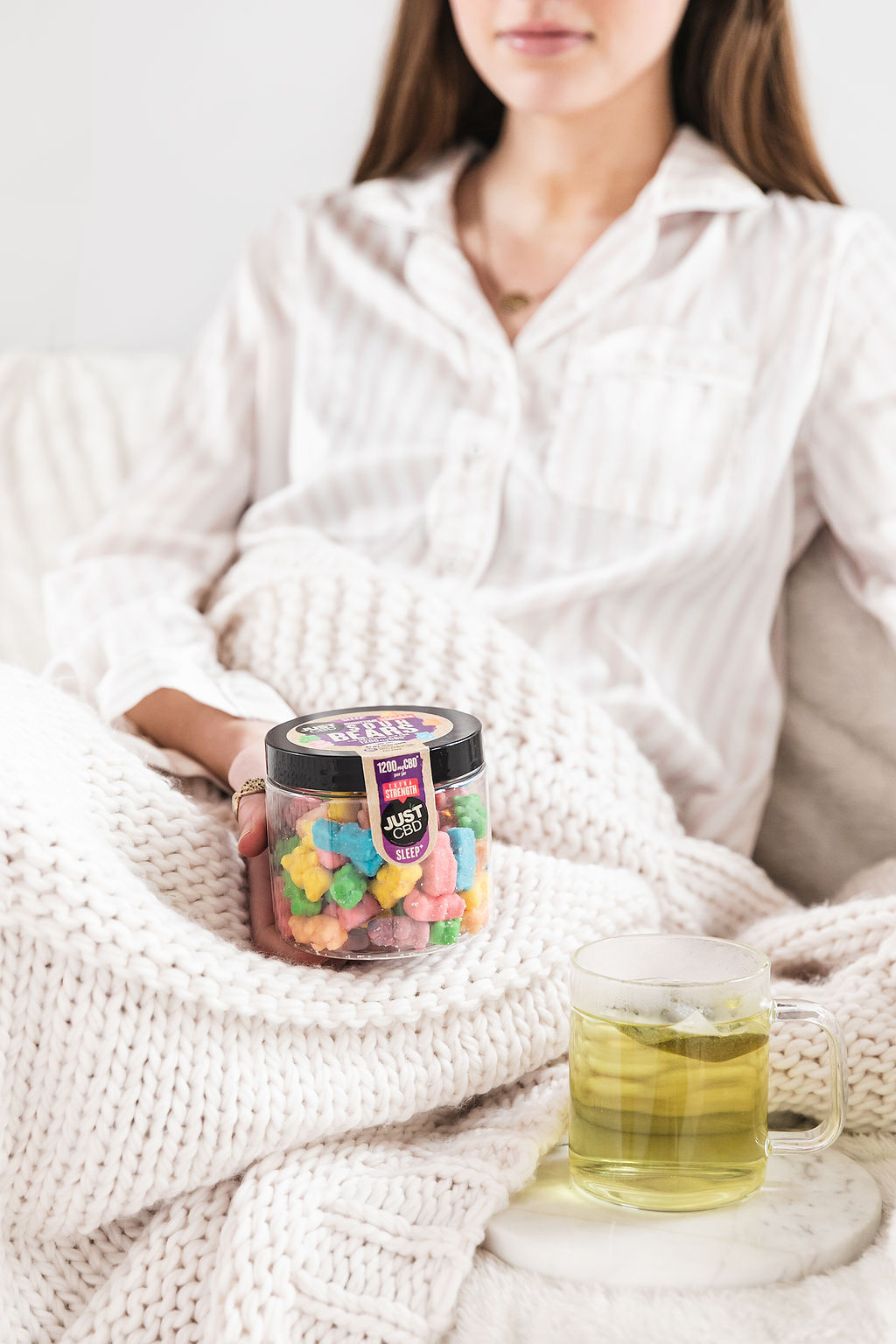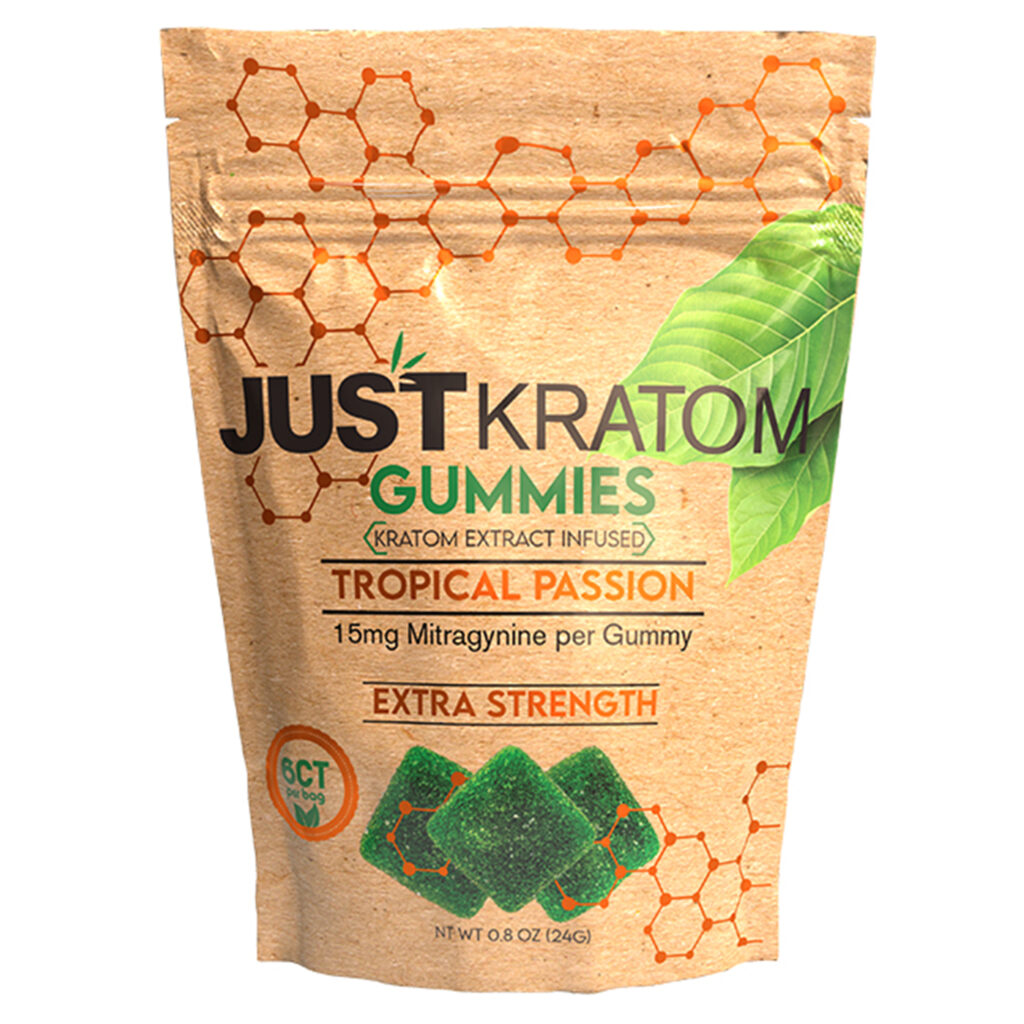Kratom’s Potential Effects on Stress and Anxiety
Kratom, an herbal supplement derived from the Mitragyna speciosa tree, has gained popularity for its purported ability to alleviate stress and anxiety.
How Kratom Might Work
Kratom is a tropical tree native to Southeast Asia, and its leaves have been used traditionally for various medicinal purposes, including managing stress and anxiety.
Kratom contains compounds called mitragynine and 7-hydroxymitragynine, which are thought to interact with opioid receptors in the brain.
- These interactions may lead to analgesic (pain-relieving), euphoric, and mood-altering effects.
- Some individuals report that kratom helps them feel calmer and more relaxed, potentially reducing feelings of stress and anxiety.
It’s important to note that research on kratom’s effectiveness for stress and anxiety is limited and inconclusive. More studies are needed to fully understand its potential benefits and risks. Additionally, kratom can have adverse effects, such as nausea, constipation, and withdrawal symptoms. Consult with a healthcare professional before using kratom, especially if you have any pre-existing medical conditions or take medications.
Scientific Evidence
Kratom, a tropical tree native to Southeast Asia, contains compounds that may interact with opioid receptors in the brain. Proponents suggest kratom can alleviate stress and anxiety by inducing a feeling of relaxation and euphoria. Some anecdotal reports claim kratom gummies provide relief from these symptoms, but scientific evidence supporting these claims is limited.
Research on kratom’s effects on stress and anxiety is ongoing, with some small studies suggesting potential benefits. However, more robust clinical trials are needed to confirm these findings and establish effective dosages and safety profiles. Kratom’s mechanism of action and potential long-term consequences require further investigation.
Potential Benefits
Kratom, an evergreen tree native to Southeast Asia, has gained popularity as a potential natural remedy for stress and anxiety. It contains compounds called mitragynine and 7-hydroxymitragynine, believed to interact with opioid receptors in the brain, producing effects similar to pain relievers and stimulants.
Proponents suggest that kratom can alleviate stress by promoting relaxation and reducing feelings of tension. Some users report experiencing a sense of calm and well-being after consuming kratom. It is also thought to potentially help manage anxiety by influencing neurotransmitter activity in the brain, possibly reducing overactivity associated with anxiety.

Dosing and Usage Considerations for Kratom Gummies
When considering kratom gummies for stress and anxiety, understanding proper dosing and usage is crucial for maximizing potential benefits while minimizing any potential risks. Factors such as individual body weight, tolerance level, and the specific strain of kratom used can all influence the appropriate dosage. It’s important to start with a low dose and gradually increase it until desired effects are achieved. Consulting with a healthcare professional before using kratom gummies is always recommended, especially for those with pre-existing medical conditions or taking other medications.
Recommended Doses
Dosing kratom gummies for stress and anxiety varies depending on individual needs and tolerance. It’s crucial to start with a low dose (typically 5-10mg of dried kratom extract) and gradually increase as needed, observing the effects carefully.
Some individuals may find relief at lower doses, while others may require higher doses up to 20-30mg. It’s important to listen to your body and adjust the dosage accordingly.

Remember that kratom’s effects can be subjective and vary from person to person.
Frequency of Use
Dosing and usage considerations for kratom gummies are crucial for maximizing potential benefits and minimizing risks. The appropriate dosage varies depending on individual factors such as body weight, metabolism, and desired effects. It’s generally recommended to start with a low dose (around 1-2 grams of dried kratom or the equivalent in gummy form) and gradually increase it as needed, observing how your body responds.
Frequency of use should also be considered. Some individuals may find relief from stress and anxiety with daily use, while others may only need occasional doses. It’s important to listen to your body and avoid overuse, which can lead to tolerance and dependence.

Remember that kratom’s effects can vary widely from person to person, and what works for one individual may not work for another.
Individual Variability
Dosing and usage considerations for kratom gummies are crucial for individuals seeking relief from stress and anxiety. Individual variability in response to kratom is significant, meaning the optimal dose can differ greatly from person to person.
- Begin with a low dose (around 1-2 grams of dried kratom) and gradually increase as needed, monitoring for effects closely.
- Factors such as body weight, metabolism, tolerance, and desired effects can influence individual dosing requirements.
- It’s recommended to wait at least 2-3 hours between doses to assess the impact and avoid potential adverse effects.
- Consulting with a healthcare professional is essential, especially for individuals with pre-existing medical conditions or those taking medications, as kratom can interact with certain drugs.
Remember that responsible use involves starting low, going slow, and prioritizing safety by seeking guidance from a qualified healthcare provider.
Safety and Side Effects of Kratom Gummies
While kratom gummies have gained attention as a possible solution for stress and anxiety, it’s crucial to understand both their potential benefits and risks. Kratom, derived from the Mitragyna speciosa tree, contains compounds that may interact with opioid receptors in the brain, potentially leading to relaxation and mood elevation. However, research on kratom’s effectiveness for these conditions is limited, and more studies are needed to confirm its safety and efficacy.
Potential Risks and Interactions
Kratom gummies, a popular form of consuming the Kratom extract, have gained traction for their purported ability to alleviate stress and anxiety.
- While anecdotal evidence suggests that kratom may help manage these conditions, scientific research supporting this claim is limited.
- The potential benefits of kratom for stress and anxiety are thought to stem from its interaction with opioid receptors in the brain, which may lead to feelings of relaxation and euphoria.
It’s crucial to acknowledge that kratom can have side effects, including nausea, constipation, and withdrawal symptoms.
- Long-term use may also pose risks, and more research is needed to fully understand the potential consequences of regular kratom consumption.
- Due to these potential risks and the lack of conclusive evidence, it’s essential to consult with a healthcare professional before using kratom gummies for stress or anxiety.
Withdrawal Symptoms
Kratom gummies, while increasingly popular as a potential remedy for stress and anxiety, carry inherent safety concerns and possible side effects. Withdrawal symptoms can occur if usage is discontinued abruptly. These symptoms may include irritability, anxiety, insomnia, muscle aches, and nausea. The intensity and duration of withdrawal vary depending on factors such as the frequency and amount of kratom consumed.
Before using kratom gummies or any other form of kratom, it’s essential to consult a healthcare professional. They can assess your individual health status, potential drug interactions, and advise on safe usage guidelines.
Legal Status
Kratom gummies are a popular way to consume kratom, but it’s important to understand the safety and side effects before using them.
- Safety and Side Effects: Kratom can cause nausea, constipation, dizziness, and drowsiness.
- Long-term effects are not fully understood.
- Interactions with Medications: Kratom can interact with certain medications, including opioid painkillers.
The legal status of kratom is complex and varies by country and state. In the United States, kratom is not currently regulated by the Food and Drug Administration (FDA) but some states have banned or restricted its sale.
Comparing Kratom Gummies to Other Anxiety Relief Options
Kratom, an herbal supplement derived from the Mitragyna speciosa tree, has gained popularity as a potential remedy for stress and anxiety. While traditional uses have centered around its purported ability to alleviate these symptoms, scientific evidence supporting kratom’s effectiveness remains limited. This article explores the potential of kratom gummies specifically in managing stress and anxiety, comparing them to other common anxiety relief options available.
Prescription Medications
Kratom gummies present a novel approach to stress and anxiety relief, but it’s essential to compare them to established options like prescription medications.
Prescription medications for anxiety often target specific neurotransmitters in the brain, such as serotonin or GABA. Selective serotonin reuptake inhibitors (SSRIs) and benzodiazepines are commonly prescribed for anxiety disorders. SSRIs work by increasing serotonin levels, while benzodiazepines enhance the effects of GABA, a neurotransmitter that promotes relaxation.
Kratom’s mechanism of action differs from prescription medications. Its compounds interact with opioid receptors in the brain, potentially producing pain-relieving and mood-altering effects. While some individuals report kratom gummies reducing anxiety symptoms, research supporting these claims is limited and more studies are needed to understand its long-term effects and potential risks.
Prescription medications typically have a clearer understanding of dosage, safety profiles, and potential side effects due to rigorous clinical trials. Kratom’s regulation and standardization vary widely, making it difficult to ensure consistent dosages and quality.
Alternative Therapies
Kratom gummies offer a convenient way to consume kratom, a supplement derived from the Mitragyna speciosa tree. While some people report relief from stress and anxiety after taking kratom gummies, scientific evidence supporting these claims is limited.
Other popular anxiety relief options include prescription medications like selective serotonin reuptake inhibitors (SSRIs) and benzodiazepines. These medications have undergone rigorous testing and are proven effective for managing anxiety disorders. Therapy, such as cognitive-behavioral therapy (CBT), also plays a crucial role in addressing the underlying causes of anxiety.
Alternative therapies like yoga, meditation, and deep breathing exercises can be helpful complementary approaches to manage stress and anxiety. These practices promote relaxation, reduce muscle tension, and teach coping mechanisms for managing anxious thoughts and feelings.
Ultimately, the best approach for managing stress and anxiety depends on individual needs and circumstances. Consulting with a healthcare professional is essential to determine the most appropriate treatment plan.
Kratom Gummies for sale in unique blends
Visit now to read the full feature
Check this out in full
- Are Kratom Gummies Effective For Stress And Anxiety? - May 25, 2025
- Bambi Quotes: Heartwarming And Memorable Sayings From The Classic Film - May 25, 2025
- Light Eyes Ultra – Dark Circles Treatment Near Warlingham, Surrey - May 25, 2025
